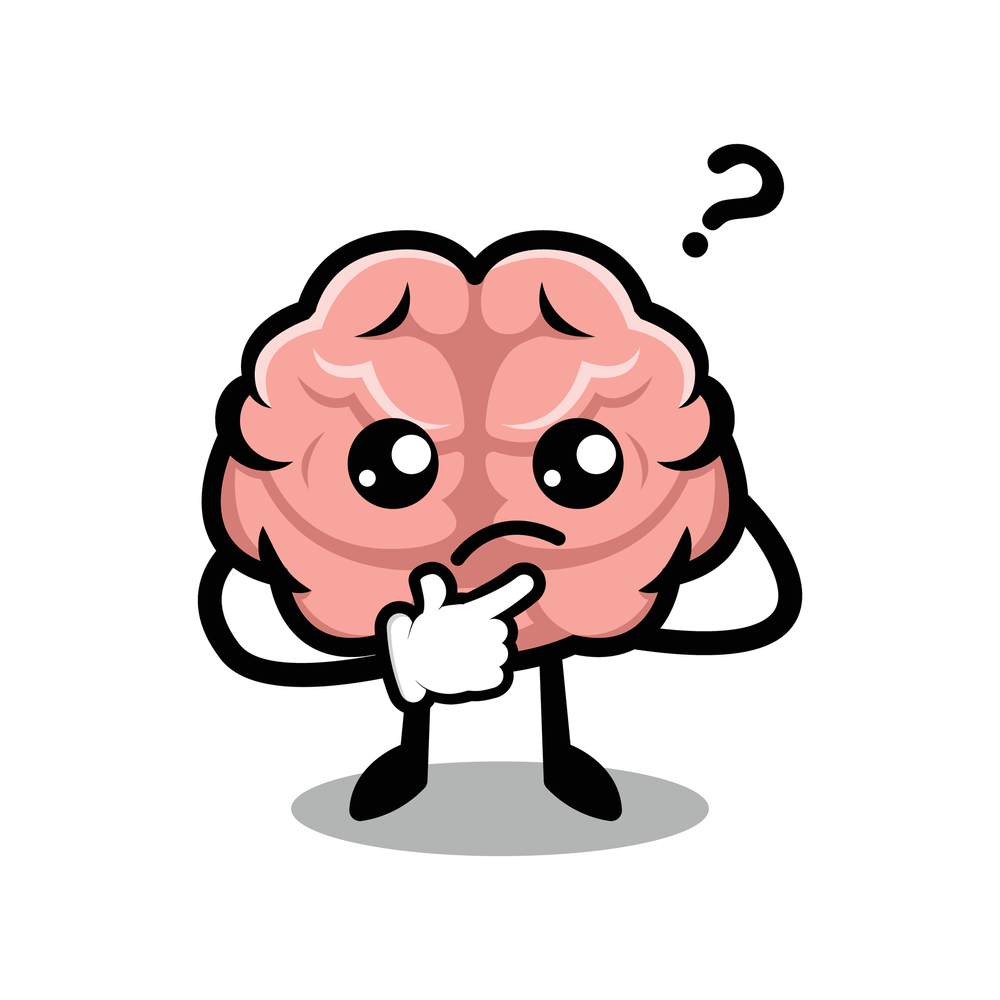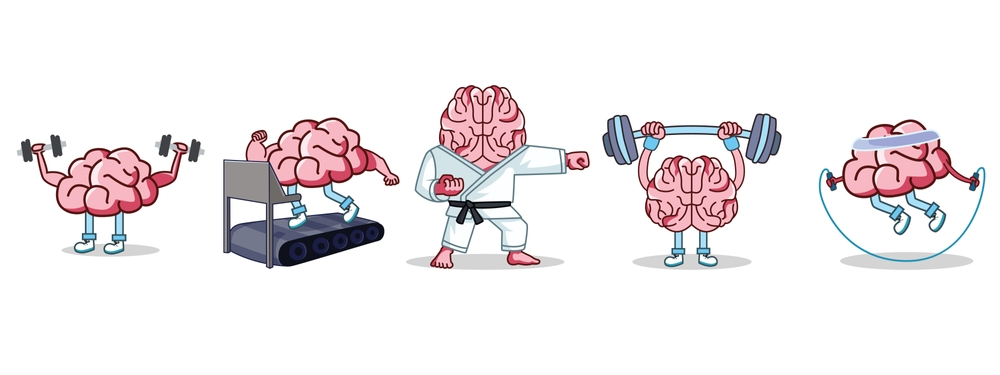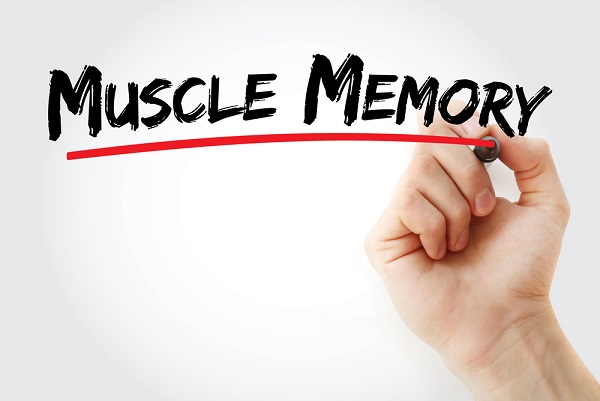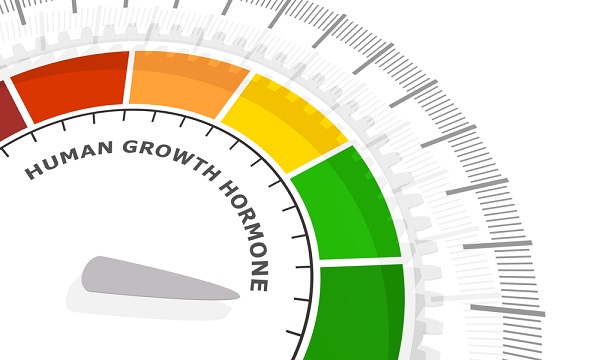1. how does muscle memory work?
Muscle memory is what helps you regain your strength and muscle mass faster than when you first tried to grow them. It’s what makes it easier for you to relearn old skills that you may have stopped, like bodybuilding, lifting weights and building strength and size, even after weeks of inactivity.
Over time, muscular size and strength decrease when we quit training weights. Muscle memory refers to the fact that your muscles ‘remember’ what big they used to be, as seen by how quickly your size and strength return when you begin exercising again.
2. Is muscle memory a real thing?
The answer is a big YES. we might lose muscle due to inactivity however, The good news is that our bodies are well suited to handle this, and this is where improvements in muscle memory come into play.

3. How Long Does Muscle Memory Last?
Usually, muscle memory lasts a lifetime. You will never forget if you learn to drive a car or ride a bicycle. The ability to perform a certain style of dumbbell curl or even a ballet technique will stick with you forever. The popularity of more intricate dance combinations may wane over time. A memory based on an elevated number of myonuclei could be very long lasting since muscle is a permanent tissue. (1)
skeletal muscle contains cellular memory that “remembers” hypertrophy, allowing fibers that were once enormous but lost their mass to do so more quickly than naïve fibers. Given that myonuclei remain stable for at least 15 years and may even be everlasting, this memory may be quite durable in humans. However, ageing makes it more difficult to recruit myonuclei, therefore if humans are capable of long-lasting muscle memory, early strength training should be encouraged for everyone’s health. Additionally, when using steroids, myonuclei are activated and at least in rodents, they encode a muscle memory. Therefore, it should be thought about lengthening the doping offenders’ suspension period. (2)
It will usually take you 1-3 months to return to your previous level after a 6-month absence, but this will truly rely on the individual and how effectively and diligently they train once they are back in the game. (3)
4. Does muscle have memory?
Due to Covid-19 and back to back lockdowns and closure of gyms, many bodybuilders faced losing muscle and weight. However, a new research indicates that our muscles have memories. It was discovered that muscles formed an extensive and long-lasting chemical “memory” of previous resistance training that aided them in recovering swiftly from extended rest periods.
Resistance training altered the methylation patterns of several genes in people’s muscles in recent human tests, and those alterations persisted weeks or months later, even when the volunteers quit training and lost some of their muscle mass. They packed muscle back on significantly more quickly than when they first started. Their muscles essentially recalled how to expand.

5. Do muscles remain strong?
In fact, muscles retain a memory of their previous strength, and this memory may be permanent. Although the muscle might recover, it appears that with time, the capacity to form memories weakens. We are aware that it is much simpler to acquire these additional nuclei when you are young, he said. Therefore, you should train when you are young and when it is still simple to recruit these nuclei, because you might gain from that as you age.
The only negative aspect may be for athletes who use drugs. You develop more muscle nuclei when taking steroids and if those are lasting, then the advantages that you have received by cheating might also be permanent.
6. Can you improve muscle memory?
As with any training program, slow repetition is necessary to develop muscle memory. Learn to play riffs, chord progressions, and complete songs at low speed, repeatedly, mindlessly, and preferably with a metronome, until you can do it with accuracy. Then, progressively pick up the pace.
Make sure you use the proper technique since muscles remember errors in the same way they remember using the proper technique. When you make the same mistakes again and over, you develop a muscle memory for them, which makes them more difficult to undo in the future.

7. Muscle Memory Exercises
Complex workouts, which are motions that train several muscle groups are the best way of exercises. Compound workouts that are effective include push-ups, squats, and deadlifts. These exercises use a variety of muscles at once, which can hasten the recovery of muscle memory and strength.
8. Muscle Memory Examples
Many common tasks that become automatic with practice and rely on muscle memory such as riding bicycles, operating motor vehicles, participating in ball sports, typing on keyboards, entering PINs, playing musical instruments, playing poker, martial arts, and dancing.
In Conclusion…
Our muscles should still be ready to respond to the exercises when we begin working out again, regardless of how long it has been since we last visited the gym or attended a body-weight workout online. Even if we haven’t or have only occasionally lifted weights, it might never be too late to begin building muscle memory.
Relevant Topics:






